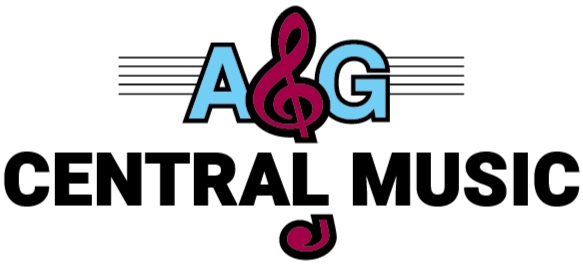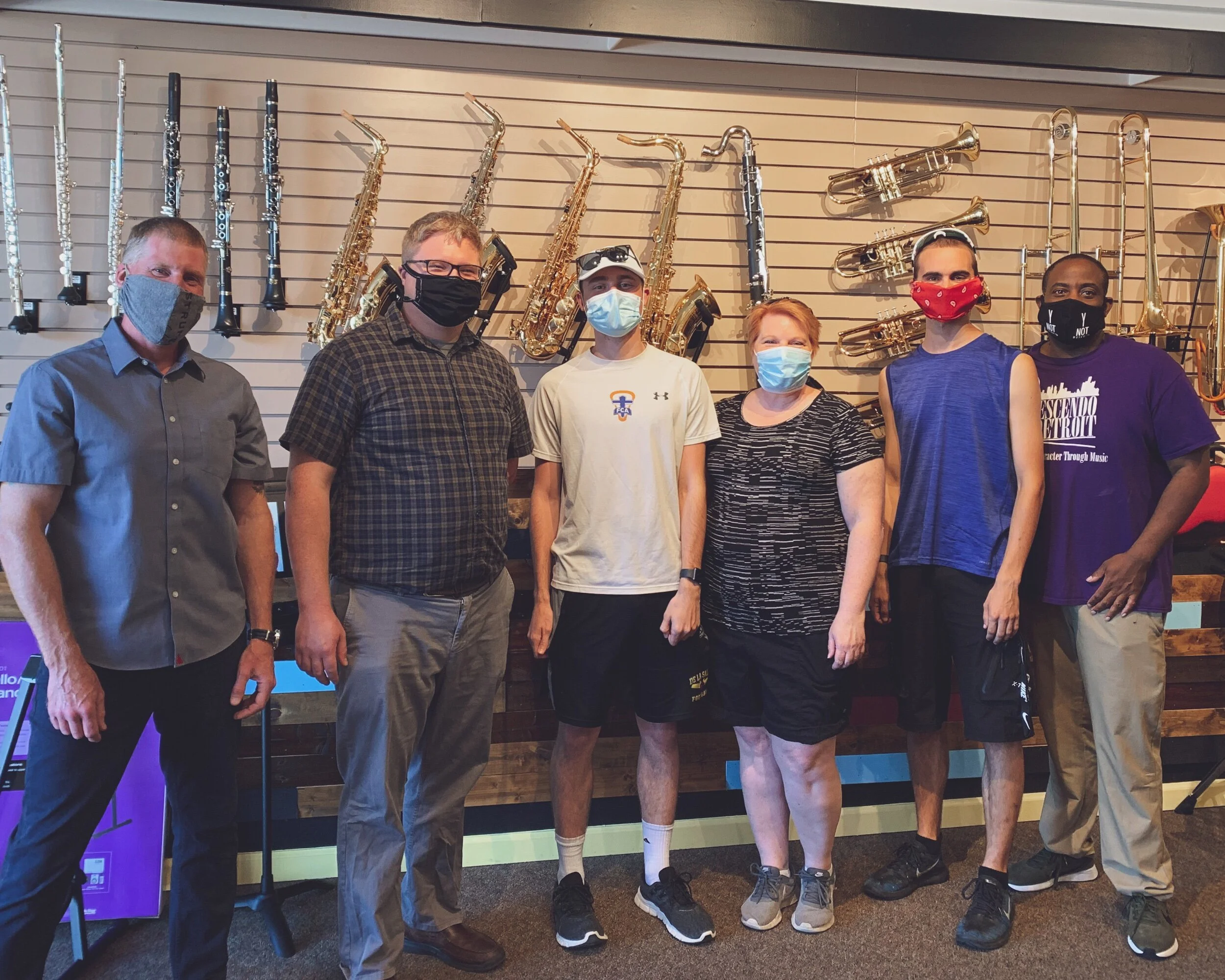Among a heavily populated list, here are six Black composers who have made history---from Pulitzers to Grammys---to add to your playlist today (if they aren't already present).
Joseph Bologne, Chevalier de Saint-Georges
Joseph Bologne, Chevalier de Saint-Georges is remembered as the first classical composer of African ancestry. He was also a virtuoso violinist. Born in 1745, Saint-Georges composed over 50 pieces including operas, symphonies, sonatas, and concertos before passing away at the age of 53 in 1799.
Florence Price
Florence Price was a composer, pianist, organist and music teacher. She is the first African-American woman to be accepted as a symphony composer and to have a composition played by a major orchestra. In her lifetime, Price composed four symphonies and multiple concertos, orchestral works, choral and solo vocal pieces, instrumental chamber music, piano works, and spiritual arrangements—the list is VAST.
William Grant Still
William Grant Still, composer, conductor and multi-instrumentalist. Over the span of his life, Still composed almost 200 works including five symphonies and nine operas, ballets, chamber music, pieces for solo instruments, and choral works.
Still was the first African American to conduct a major American symphony orchestra, and his well-known 1st symphony, Afro-American Symphony, was the first African American piece played by a leading orchestra.
Still left a wide and wonderful cultural legacy.
George Walker
George Walker was an American composer, pianist, and organist. Walker began playing the piano at the age of five, was admitted to the Oberlin Conservatory at the age of 14 and graduated by the age of 18 with the highest honors in his Conservatory class. At the age of 23, Walker graduated from the prestigious Curtis Institute of Music with diplomas in paint and composition.
Walker had a full career in performing, studying, teaching and composing. He was the first African American to receive the Pulitzer Prize for Music for his work Lilacs in 1996.
Quincy Jones
Quincy Jones is an American record producer, multi-instrumentalist, songwriter, composer, arranger, and film television producer. He’s had 80 Grammy Award nominations, and has been awarded 28 Grammys.
Jones honed his skills as a trumpet player and arranger in high school. He attended Seattle University as a music major before transferring to Berklee College of Music in Boston. During his time at Berklee, Jones performed at Izzy Ort’s Bar & Grille, and ultimately left school after receiving an offer to tour as a trumpeter, arranger, and pianist with bandleader, Lionel Hampton.
Jones would go on to play in big bands (including his own), compose music for nearly 40 major motion pictures, arrange music for popular musicians, produce singles and albums (including Frank Sinatra and Michael Jackson), and produce movies—his debut, The Color Purple, received 11 Oscar nominations.
Aside from Jones’ amazing musical talent and accomplishments, he is a social activist helping to make change in the lives of students of color and takes part in a number of philanthropic endeavors to help develop Black youth from South Africa to Los Angeles.
Wynton Marsalis
Wynton Marsalis is an American virtuoso trumpeter, composer, teacher, and the artistic director of Jazz at Lincoln Center. Wynton was born into a very musical family—his father was Ells Marsalis Jr., a pianist and music teacher, and three of his five brothers are jazz musicians.
At the age of six, Wynton was given his first trumpet by Al Hirt, an American trumpeter and bandleader. At 17, he was the youngest musician admitted to Tanglewood Music Center, and in 1997 he became the first jazz musician to win the Pulitzer Prize for Music for his oratorio Blood on the Fields.
“Risk exposing your ears to the first notes of BLOOD ON THE FIELDS, hear the Lincoln Center Jazz Orchestra wail through “Calling the Indians Out,” the opening invocation to the spirit of the first people whose blood soaked American soil in the long, painful birth of the American republic, and you’ll sit spellbound to the echo of the last note of Wynton Marsalis’s epic oratorio on slavery and freedom. Telling the story of two slaves, Jesse and Leona, it carries us along on their difficult journey to freedom, a journey in which they, and by implication all of us, must move beyond a preoccupation with personal power and learn that true freedom is, and must be, shared.”



